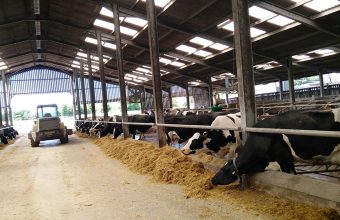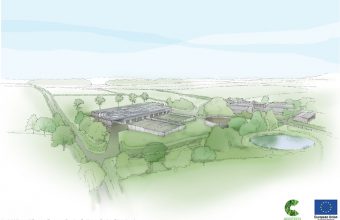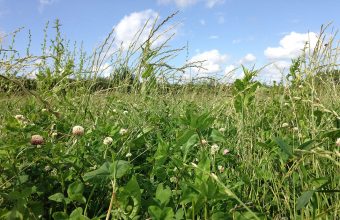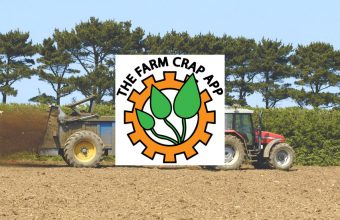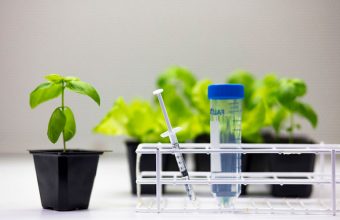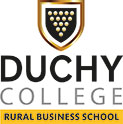Agricultural technologies can be any innovation that makes agriculture more efficient and productive, more resilient and secure, more profitable, and better able to enhance and protect the natural environment and those that farm it.
Agri-tech can be derived from science, technology, engineering, mathematics or medicine – even social innovation – alone or in combination. It can be a product or service, chemical or material, hardware or software.
To be successful, Agri-tech does have to solve a tangible problem or fulfil a need. It does not have to be directly targeted at farmers – it can add value to farm suppliers or consultants, to farmers, to processors, distributors and even retailers and consumers – so long as the innovation helps in sustainable production and getting produce to market.

The project was led by the Duchy College Rural Business School in partnership with leading research institutions – the Universities of Exeter and Plymouth and Rothamsted Research – and the Cornwall Development Company. The project was also supported by Cornwall Council and the Council of the Isles of Scilly.

The Support Available
Free participation in larger research, development and innovation projects with the Universities of Exeter and Plymouth, Rothamsted Research and the Rural Business School.
Innovation Grants have supported businesses with feasibility studies, commissioning specialist researchers, the purchase equipment for research, development or innovation development, to covering the consultancy costs to scope an RD&I project, undertake an RD&I feasibility study or employ specialists to undertake direct research. The Agri-tech Cornwall Project will not be taking any new Innovation Grant enquiries on from 1st September as we will be focusing on existing projects only . Existing grant applicants can still contact the Innovation Grant team at agritech@cornwalldevelopmentcompany.co.uk or phone 01872 322672.
Graduate Placement programme – to help the business deliver an agreed RDI project. Agri-tech Cornwall has supported businesses with the specification of the research and recruitment the graduates, their coaching and mentoring, and provided salary subsidies of £1,500 (6 months) or £2,250 (9 months). The Agri-tech Cornwall Project will not be taking any new Graduate Placements from 1st September as we will be focusing on existing projects only.
All funding awards are subject to application, eligibility, scoring and assessment processes.
Who is it for?
Agri-tech Cornwall supports businesses new to Research Development & Innovation (RDI), as well as businesses that have already invested in research. Projects can be large or small.
Applicants can be from any sector providing the research supports growth, productivity or market development in ‘Agri-tech’ i.e. the sector providing innovative goods and services for the agriculture, horticulture and food sectors.
To be eligible, businesses must be based, or be setting-up, in Cornwall or the Isles of Scilly, and have fewer than 250 employees and less than €50 million annual turnover.
Research themes
Animal health and welfare in dairy cattle.
Maximising soil, water and nutrient use efficiency for sustainable crop and livestock production.
Improving the productivity of speciality crop production.
Utilising technology to drive Agri-tech productivity and innovation.
Please note this list is not exhaustive, please contact us to discuss potential topics.
Case Studies
Case Studies

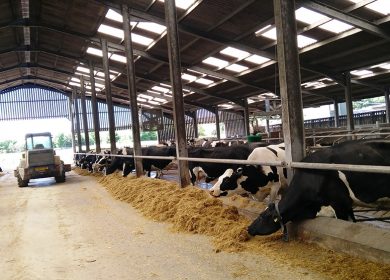
Dairy Cow Welfare
This project included work on whey-based calf milk replacers for dairy replacements, the use of digital technologies to encourage the move to data-driven livestock management, hair cortisol as a stress diagnostic marker, and a new technology to provi
More Details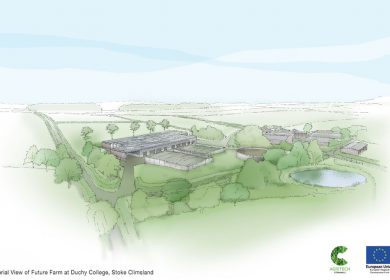
Future Farm Dairy Research Facility
Impact The initial impact of the construction of ‘Future Farm’ (FF) was the appearance of a series of aesthetically pleasing 1950s–style ‘Dutch barns’ near Callington in the autumn of 2020. The building was indeed of Dutch design; but rather than
More Details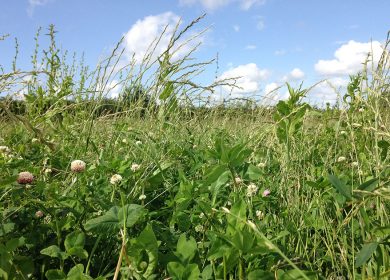
TOMS
Toolbox of Multi-species Swards (TOMS) – DC Most of Cornwall’s farmed grassland is rye-grass and clover, but multi-species swards offer many potential benefits, whether it’s improved soil quality and carbon sequestration, less need for artificial
More Details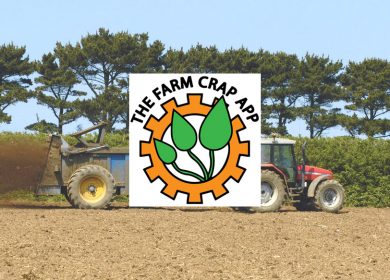
The Farm Crap App Pro
One of the best ways to improve soil health is to make the best use of organic manures. Soil organic matter boosts soil biology, and improves its physical and chemical properties, structure, root penetration and crop productivity; it’s been in dr
More Details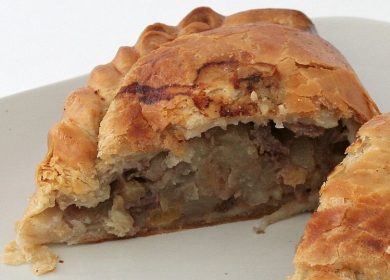
Circular and Low Impact Processed Food (CLIP)
Producing processed and manufactured foods is incredibly resource-intensive; it also accounts for a quarter of global greenhouse gas (GHG) emissions. Pressure is growing to reduce the industry’s emissions and other environmental impacts as well a
More Details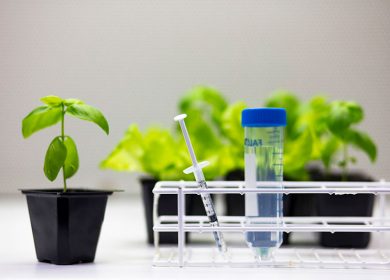
Fluorescence Imaging for Nutrition and Disease (FIND)
Crops and plants fail to thrive for many reasons; the FIND project’s remit was to develop tools which would manage crop and plant health, as well as diagnose problems early. To do this successfully would enable growers not only to increase produc
More DetailsOur Partners

